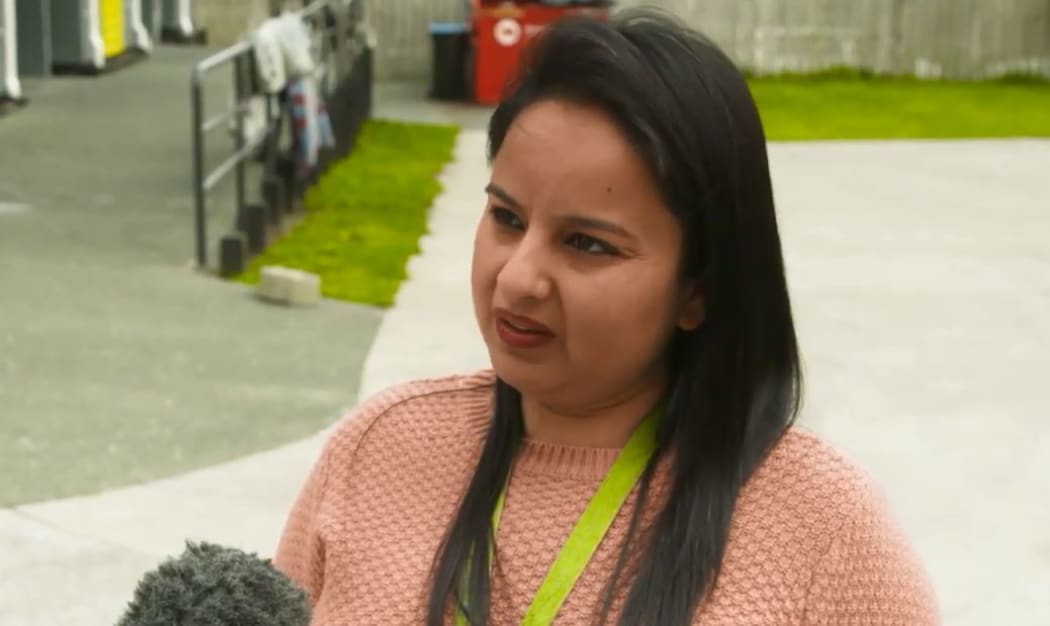Motels are reaping record amounts for housing the homeless - tens of millions of dollars every month.
The government spend on motels has nearly tripled over the last year, with each stay costing 20 percent more than a year ago.
With a record 14,000 people on the state house waiting list, the government's motel bill is showing no sign of slowing down.
As motels benefit from the housing crisis, one Otahuhu outfit has received more government cash than any other place in the country.
Tucked behind the Otahuhu shops, 21 Park Avenue doesn't jump out as a multi-million dollar motel - but it has brought in more than $6 million in government cheques over the past three years.
It's been criticised for being a "rathole", but Seta - who is among the more than 900 people put up there by Work and Income over the past three years - said that was not the case.
"This place was safe and secure, especially us with kids. I don't see any issues when I was here and I created this place as my own home."
Auckland Astro Residences - which was located at 21 Park Ave and received that $6m - got the biggest government cheque for housing the homeless.
That's $1.5m more than the second highest earning motel. The QV valuation for the property is just $1.7m.
The Ministry of Social Development (MSD) stopped using Auckland Astro Residences for emergency housing in June, following a Tenancy Tribunal ruling that the motel's owners had been placing clients in an illegally sublet property.
The business has since sold and is now called the Pacific Motel.
Neither the new nor the old owners responded to Checkpoint's request for comment.
But Sandeep Kaur, former manager of Auckland Astro Residences and now the manager of the Pacific Motel, said they were operating as any business would.

Sandeep Kaur. Photo: RNZ / Checkpoint
And she said the motel took on considerable risk housing some of the MSD clients - including assaults and verbal abuse.
Housing people in motels was supposed to be a short-term solution to the ballooning waitlist for state housing - a way to stop people being forced to sleep in their cars or on the street.
But they've become a lucrative windfall for moteliers - Ms Kaur said the high demand brought high price tags.
MSD says in the June quarter it paid more than 600 motels and lodges across the country to provide emergency housing- and demand is well and truly on the rise
The latest quarterly figures show nearly 30,000 were handed out - double the same time last year.
That cost more than $41m - up from $15m on the same quarter a year ago.
The average value for each grant has risen from $1100 to $1400.
Motels a 'band-aid'
Community Housing Aotearoa chief executive Scott Figenshow said motels were a band-aid and not a genuine solution to the housing crisis - and the record spends were no surprise.
Until there was consistent investment in permanent and affordable social housing, the government's motel bill would continue to climb, he said.
"We don't understand why we're not seeing more investment in the permanent solutions, if government is comfortable making the investments in the band-aid."
The latest snapshot of the state housing list showed there were 14,000 households in the queue - nearly 5000 of those waiting were single parents with children.
In a statement, Associate Housing Minister Kris Faafoi said he was aware motels weren't ideal, but they were better than people living in cars or in overcrowded conditions.
The government was trying to provide more long term, sustainable housing by spending $234m creating 6400 more public housing spaces by June 2022.

